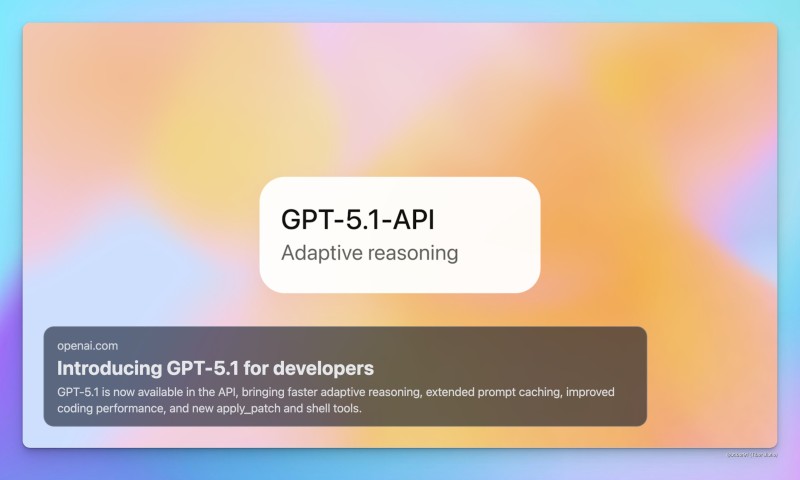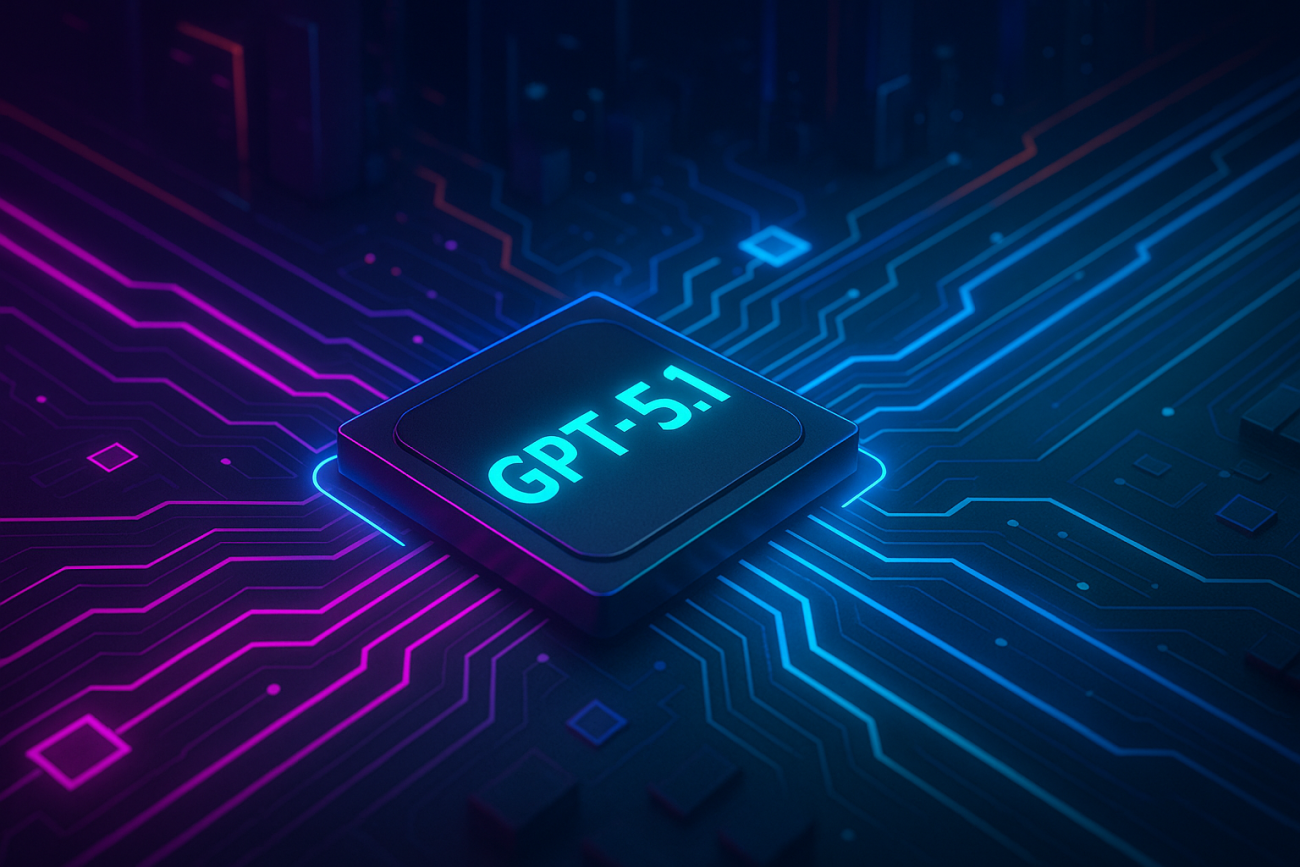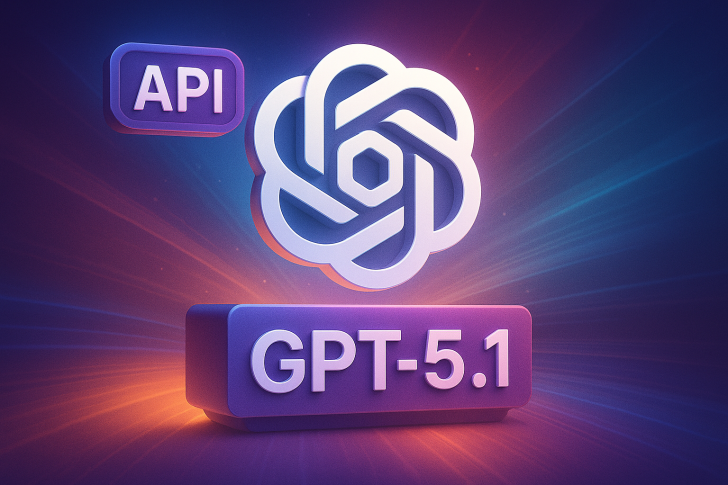⬤ OpenAI has officially launched GPT-5.1 in the API, introducing a model that balances intelligence and speed by dynamically adjusting reasoning time based on task complexity. This adaptive approach allows GPT-5.1 to respond more efficiently while maintaining strong performance across demanding tasks.

⬤ The rapid expansion of AI infrastructure continues to face policy scrutiny, particularly around potential tax changes targeting compute-intensive operations and advanced model development. Such measures could put pressure on smaller AI companies, potentially leading to business closures or talent migration to more favorable regions.
⬤ GPT-5.1 introduces a new default "none" reasoning mode, replacing GPT-5's "medium" default. This lets the model skip unnecessary deep reasoning on simple queries, delivering 2–3× faster results while using roughly half the tokens compared to GPT-5, with similar or better output quality. Early users report substantial gains for high-volume production workloads and everyday tasks where speed and efficiency are critical.

⬤ OpenAI also launched two new developer tools: apply_patch, which updates code using structured diffs without JSON-escaping issues, and shell, enabling models to run local shell commands for advanced agentic workflows. The company expanded prompt caching to 24 hours, with cached tokens priced 90% lower than uncached ones and no fees for cache writes or storage, making it one of the most cost-effective improvements in OpenAI's API ecosystem.
⬤ The new models—gpt-5.1, gpt-5.1-chat-latest, gpt-5.1-codex, and gpt-5.1-codex-mini—are now available across all paid API tiers at the same pricing and rate limits as GPT-5. OpenAI confirmed that GPT-5 will remain available, ensuring a smooth transition for developers adopting the new GPT-5.1 API.
 Eseandre Mordi
Eseandre Mordi

 Eseandre Mordi
Eseandre Mordi


